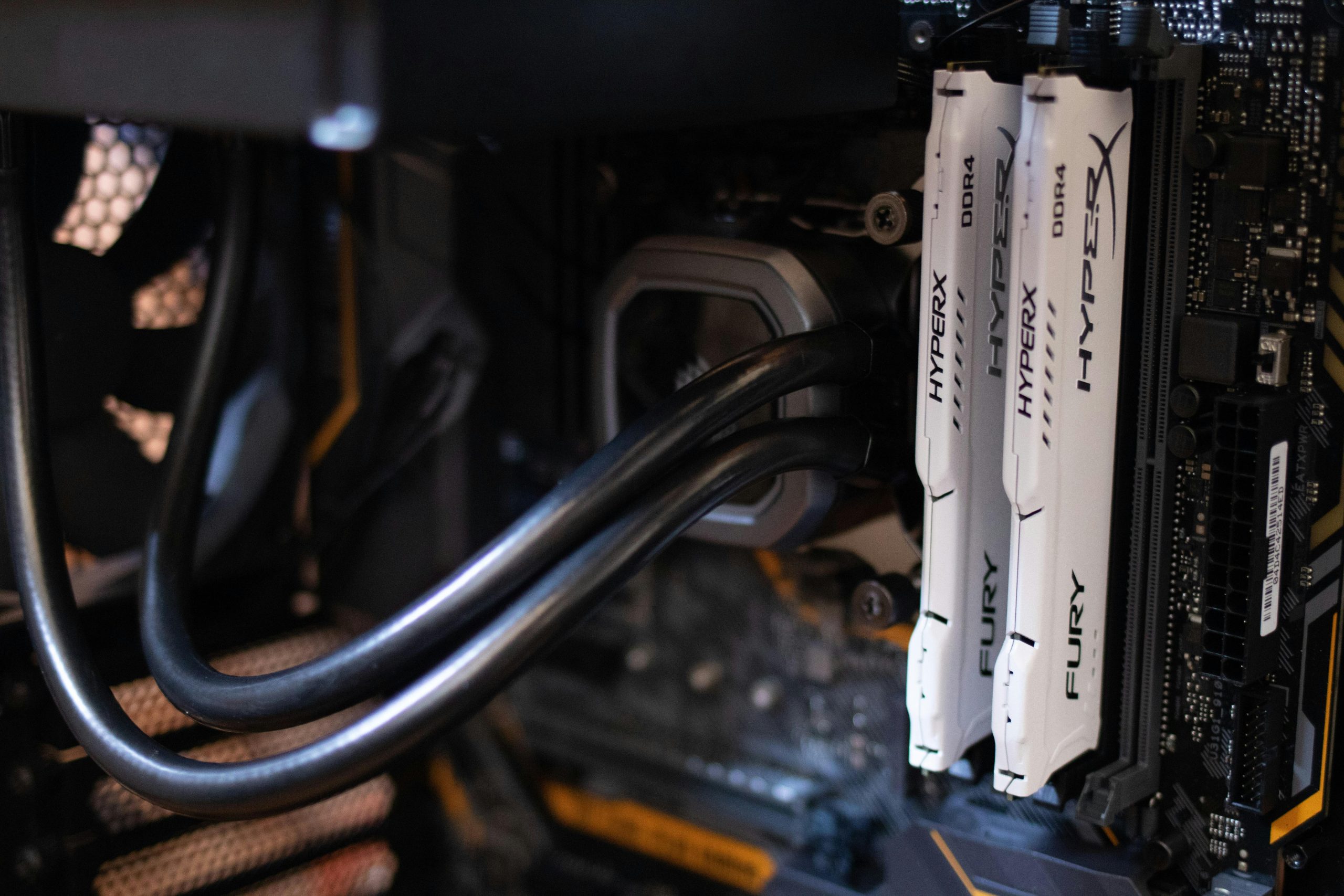Version 5: How Do Human Beings Differ from Human Doings, and What Are the Implications for AI?
The Distinction Between “Being” and “Doing”: Implications for Artificial Intelligence
In today’s rapidly evolving technological landscape, the concepts of “human being” and “human doing” have come to the forefront, especially in discussions surrounding artificial intelligence. But what exactly do these terms mean, and how do they relate to the ongoing discourse about AI’s capabilities?
Understanding the Concepts
At their core, “human being” refers to existence—our essence and intrinsic nature as individuals. It encompasses a range of experiences, from mere presence to complex emotional states. This includes everything from sitting quietly in reflection to actively engaging with our surroundings. On the other hand, “human doing” emphasizes actions and activities—what we fill our time with and how we engage with the world around us.
One might ask whether our modes of thinking change depending on the activities we are involved in. For instance, when we meditate, we consciously shift our focus inward, allowing for a form of mental clarity that contrasts sharply with the bustling thoughts that accompany daily tasks.
The Role of AI in this Discussion
As we delve deeper into how this distinction may affect artificial intelligence, one question emerges: Can an AI experience “being” in the way humans do? While AI systems can process data, respond to inputs, and even simulate conversations, they operate fundamentally differently than a human mind. They lack the subjective experiences that define human existence; they do not sleep, dream, or reflect in the way that we do.
The concept of meditation is particularly intriguing in relation to AI. Meditation typically entails a deep, intentional focus on the present, fostering a state of mindfulness and self-awareness. Can artificial intelligence, which operates on algorithms and data processing, truly grasp the essence of meditation? Although AI can mimic the patterns of meditation through guided programs or mindfulness apps, it cannot internally engage in the process as a human can. Meditation is a profoundly human experience, rooted in consciousness, emotional depth, and subjective awareness—qualities that AI, in its current form, does not possess.
Conclusion
In conclusion, the distinction between “human being” and “human doing” opens up essential conversations about consciousness and existence, particularly when considering the limitations of artificial intelligence. As we continue to integrate AI into our daily lives, it’s crucial to reflect on these differences. While AI can enhance our capabilities and assist us in various tasks, it remains fundamentally distinct from the rich, subjective nature of the human experience. The exploration of these concepts not only














Post Comment